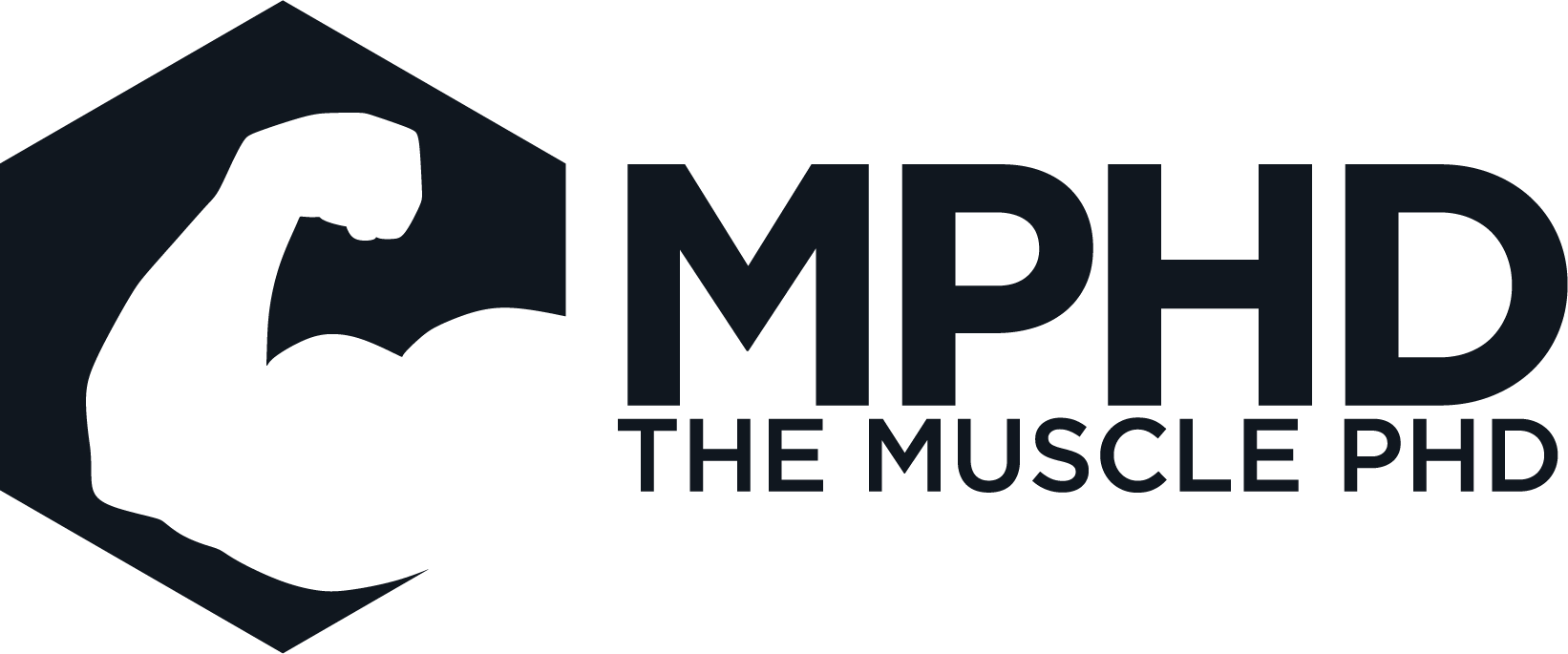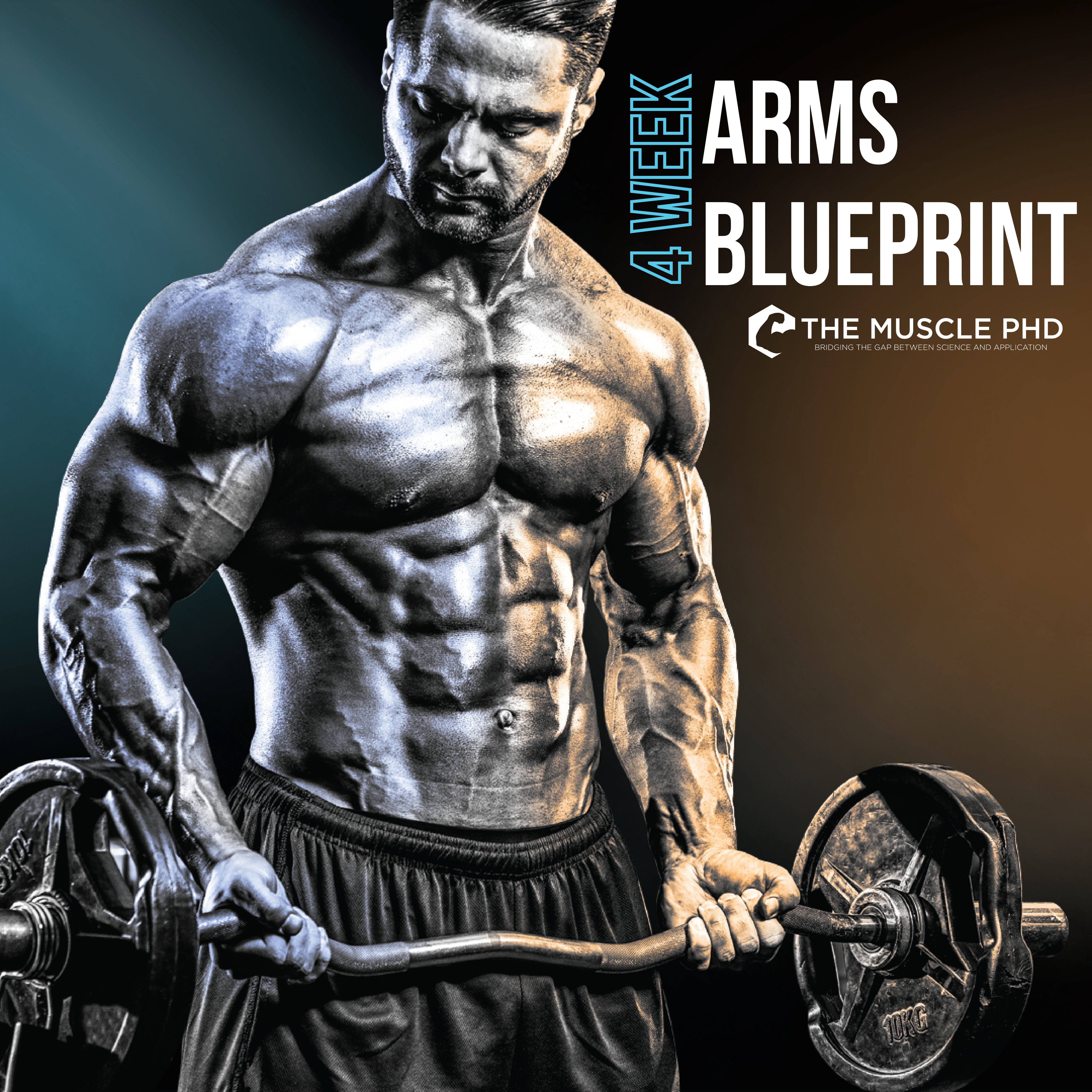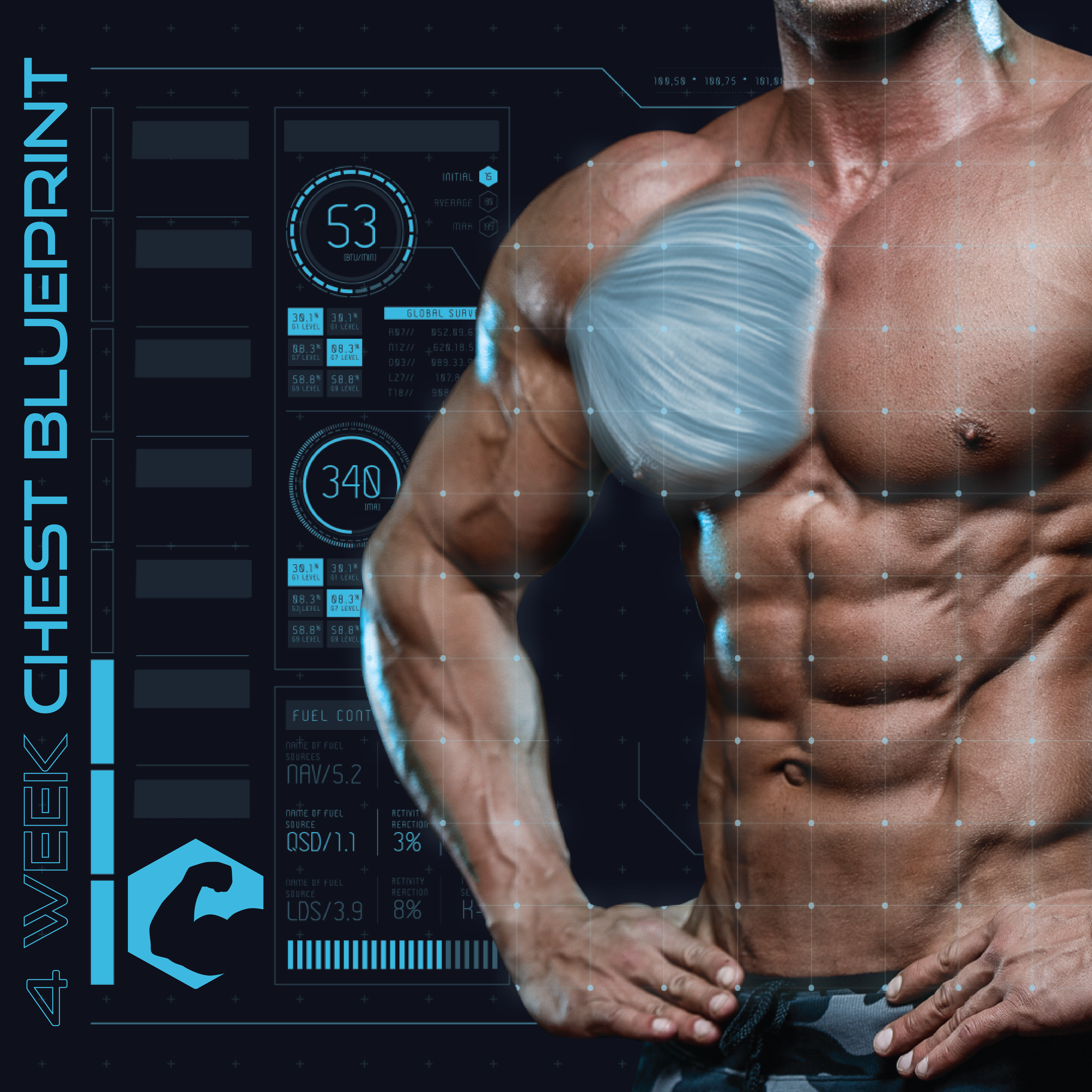Nowadays, people talk a lot about complete and incomplete protein. You might’ve heard that your favorite granola bar doesn’t help you build muscle, even if it’s promising you 20g+ of protein.
The thing with protein is that it’s actually divided into a few different categories, and quality protein sources are what you should be prioritizing in your diet if you’re trying to build muscle and maximize protein synthesis.
Have you ever wanted a no-nonsense guide that helps you figure out what the different types of protein do to your body? If you’re interested in knowing which types of protein help you build muscle, and which can actually make you gain fat, then this is the guide for you.
What Is a Complete Protein?
We have essential and non-essential amino acids in our bodies Non-essential amino acids are ones that our body can produce on its own, with no external sources. However, essential amino acids (EAAs) are amino acids we have to get through our diets.
A protein is only considered complete if it has all the essential amino acids. Complete proteins result in more muscle gain and a great body fat reduction than incomplete protein. In fact, some studies show that you can gain fat on incomplete proteins.

What Are the Different Types of Protein Sources?
There are three main protein sources that you’ll come across: dairy protein sources, meat-based protein sources, and vegetarian-based protein sources. In the category of dairy-based protein sources, you should focus on casein and whey proteins.
Both of these proteins are considered complete proteins. However, casein is a slower-digesting protein, so you should consume it before going to bed, and not as a post-workout. Whey is a fast-digesting protein source and you can have it either as a pre- or post-workout protein shake.
Regardless, studies show that most of them will make you grow, and whey has shown to help you grow more. Secondly, there are meat-based proteins such as steak, chicken, and fish. If you’re calorie conscious, make sure you stick with leaner sources.

If you’re on a low-carbohydrate diet such as keto, it doesn’t matter if you have higher fat protein sources, such as 80% fat beef. Otherwise, you should be looking for meat-based protein sources that are 90% lean.
Just as in the whey versus casein example, what you allow to enter your body matters. If you’re closer to your workouts, you should opt to consume leaner choices even if you’re on a low-carb diet, because you want faster digestion around your workout. If you’re further away from your workout, you can consume fattier sources.
What About Vegetarian-Based Proteins?
Vegetarian-based protein sources are mostly incomplete proteins, so they’re not going to make you grow as much as dairy or meat based sources. However, we understand that you may be vegan and not eating meat or dairy.
There are two things you need to keep in mind when you’re trying to grow muscles with vegetarian-based protein sources. The first thing is that you’re going to want to have a higher amount of protein.
You should consume about 30-50g of protein per serving of vegan-based sources. However, if you only going consume 20-30g of protein per serving, then you need to supplement your diet with EAAs.
We hope this article helped highlight the different types of protein that you’ll be coming across when you’re trying to build your muscles.









